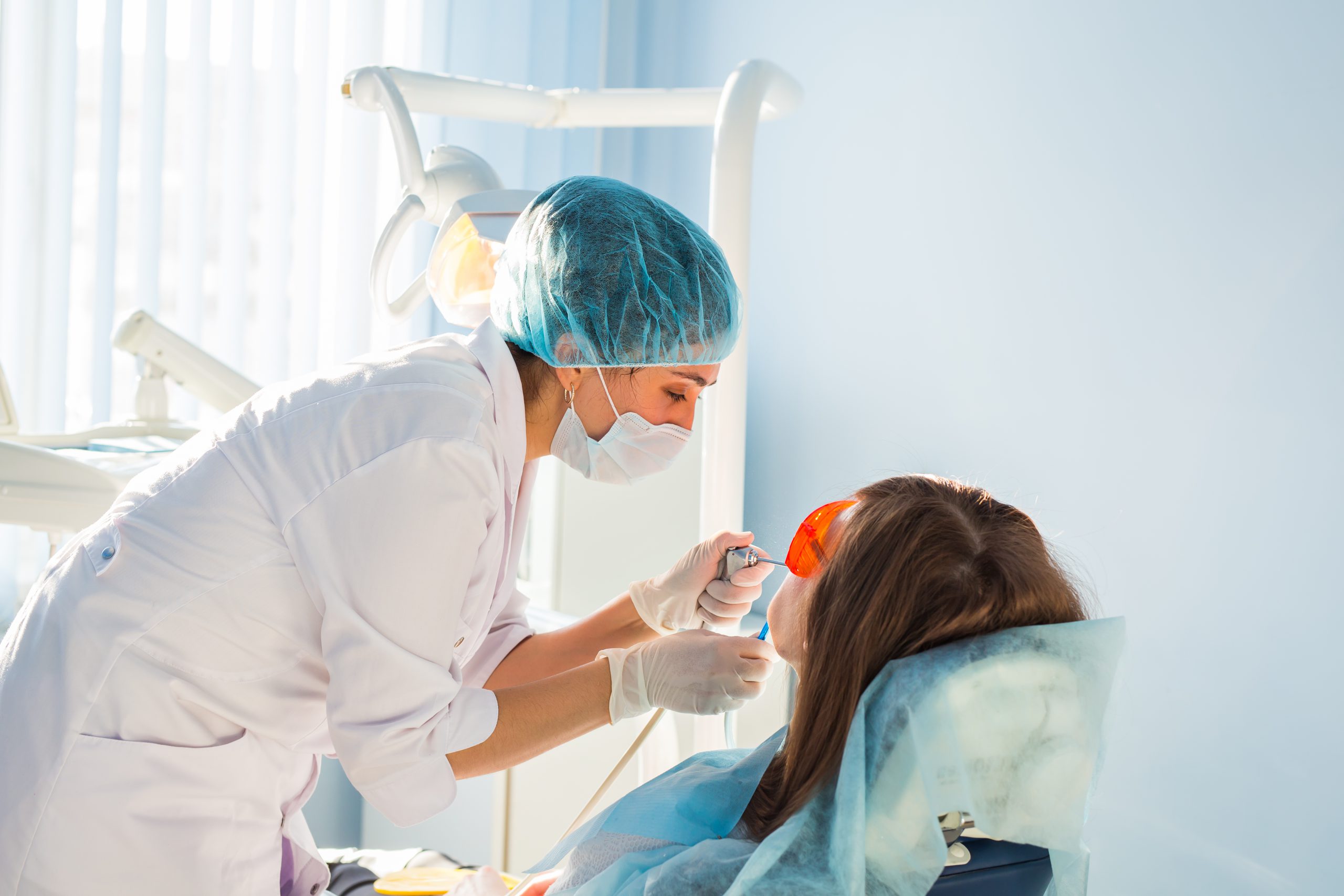

Private Dentistry
Description
Private dental care is an ever-growing industry thanks to the growing prominence and accessibility of cosmetic treatments. Many also turn to the private sector for routine dental treatments and checkups.
What is the appeal of dental care provided by a private practice, and what can private patients expect from a trip to their new dental surgery?
We’ve produced a complete guide to private dentistry, what treatments they offer, and where to find your nearest private practice to answer these questions and more.

